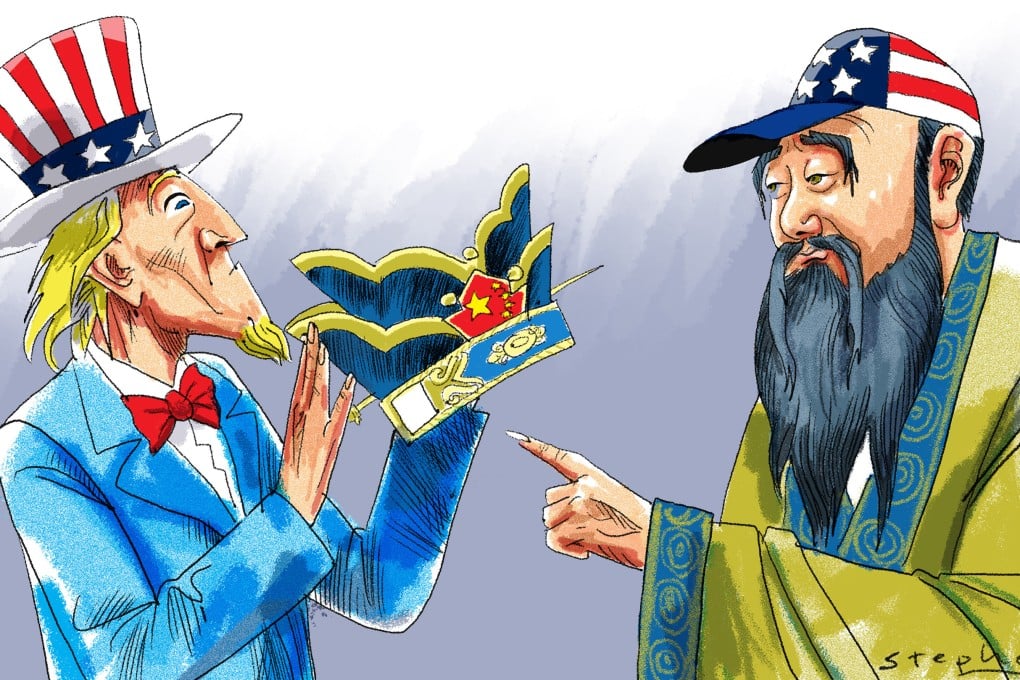Opinion | How the US-China knowledge gap is hurting American diplomatic efforts
- The top Chinese diplomat speaks fluent English, but the US Secretary of State does not speak Chinese. Their meeting in Alaska highlights a US-China gap
- It is worrying that as the US and China move towards a ‘new cold war’, the next generation of US policymakers may be even less well-informed about China

Yang’s now-famous speech accusing the US of hypocrisy was delivered in Chinese, but he noted in English after finishing, in one of the meeting’s lighter moments: “This is a test for the translator.” Yang studied in Britain and speaks fluent English; in the past, he has criticised translators’ work.
US Secretary of State Antony Blinken agreed that it would be a challenge for the translator, but unlike Yang, he would have no way of gauging whether the translator was up to the task as he does not speak Chinese. Neither does national security adviser Jake Sullivan, nor any of Biden’s top China advisers.
This highlights a larger issue in US-China relations – Chinese understanding of the US far exceeds American understanding of China. Part of this is actively induced by China; Chinese civilisation is often portrayed as singular and complex, which may discourage Americans from believing they can understand China or even attempt to.

